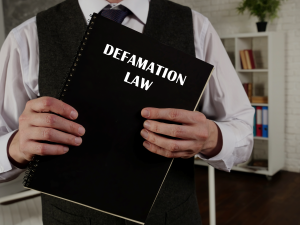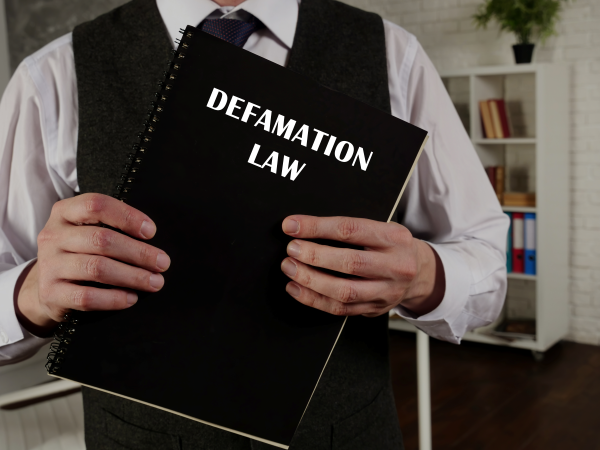
In conformity with its agreement to implement Model Defamation Amendment Provisions to amend, amongst other ancillary legislation, the Defamation Act 2005 (Qld) (the “Defamation Act”), the Parliament of Queensland recently tabled the Defamation (Model Provisions) and Other Legislation Amendment Bill 2021 (Qld) (the “Defamation Bill”).
Primarily, the Defamation Bill as tabled intends to:
- introduce a single publication rule, which is particularly focused on online publications;
- introduce a serious harm threshold;
- mandate issuing a concerns notice prior to commencing proceedings;
- clarify the offer to make amends process, and allow for further particulars to be requested of a concerns notice;
- introduce a ‘public interest defence’ and ‘peer-reviewed statements/assessments in a scientific or academic journal are privileged defence’;
- clarify the cap on damages for non-economic loss, and set the upper limit on a scale; and
- allow the parties to extend the limitation period during pre-trial procedures.
The intended focus of this particular update from Marino Law is the notably significant amendment proposed in the Defamation Bill of the inclusion of section 10A.
Section 10A intends to make it an element of a cause of action for defamation that the publication of defamatory matter about a person has caused, or is likely to cause, serious harm to the reputation of the person. This may have the desired effect of diminishing the ability for plaintiffs to continue to prosecute proceedings commenced in defamation for trivial publications without serious harm being inflicted.
Together with the addition of the serious harm element is an express statutory power for this issue to be decided prior to a trial of the proceeding. Generally, it is in limited circumstances that a judicial officer exercises the power to dismiss a claim prior to the substantive trial in the proceedings.
If a party applies for the serious harm element to be determined before the trial for the proceedings commences, the judicial officer is to determine the issue as soon as practicable before the trial. The judicial officer will need to consider:
- the cost implications for the parties;
- the resources available to the court at the time; and
- the extent to which establishing the serious harm element is linked to other issues for determination during the trial for the proceedings.
The judicial officer is empowered to decide the serious harm element is not established on the pleadings without the need for further evidence if satisfied that the pleaded particulars are insufficient to establish the element. Essentially, the judicial officer will have the power to dismiss a plaintiff’s claim, potentially with significant adverse costs orders, based primarily on the pleadings prepared by the parties.
The Defamation Bill is presently with the Legal Affairs and Safety Committee, and it is anticipated to be enacted and in force by 1 July 2021.
The brief discussion on the introduction of the serious harm element is just a small example of the multitude of complexities the passing of the Defamation Bill will have on future cases in defamation litigated in Queensland. Such complexities will greatly affect parties in the defamation pre-litigation process, and early stages of litigation.
It is more important now more than ever that any persons, whether considering commencing an action in defamation or defending an action in defamation, obtain appropriate legal advice as soon as possible, and certainly prior to any proceedings being commenced or defended.
Should you require assistance, please contact one of our highly experienced defamation lawyers today.

